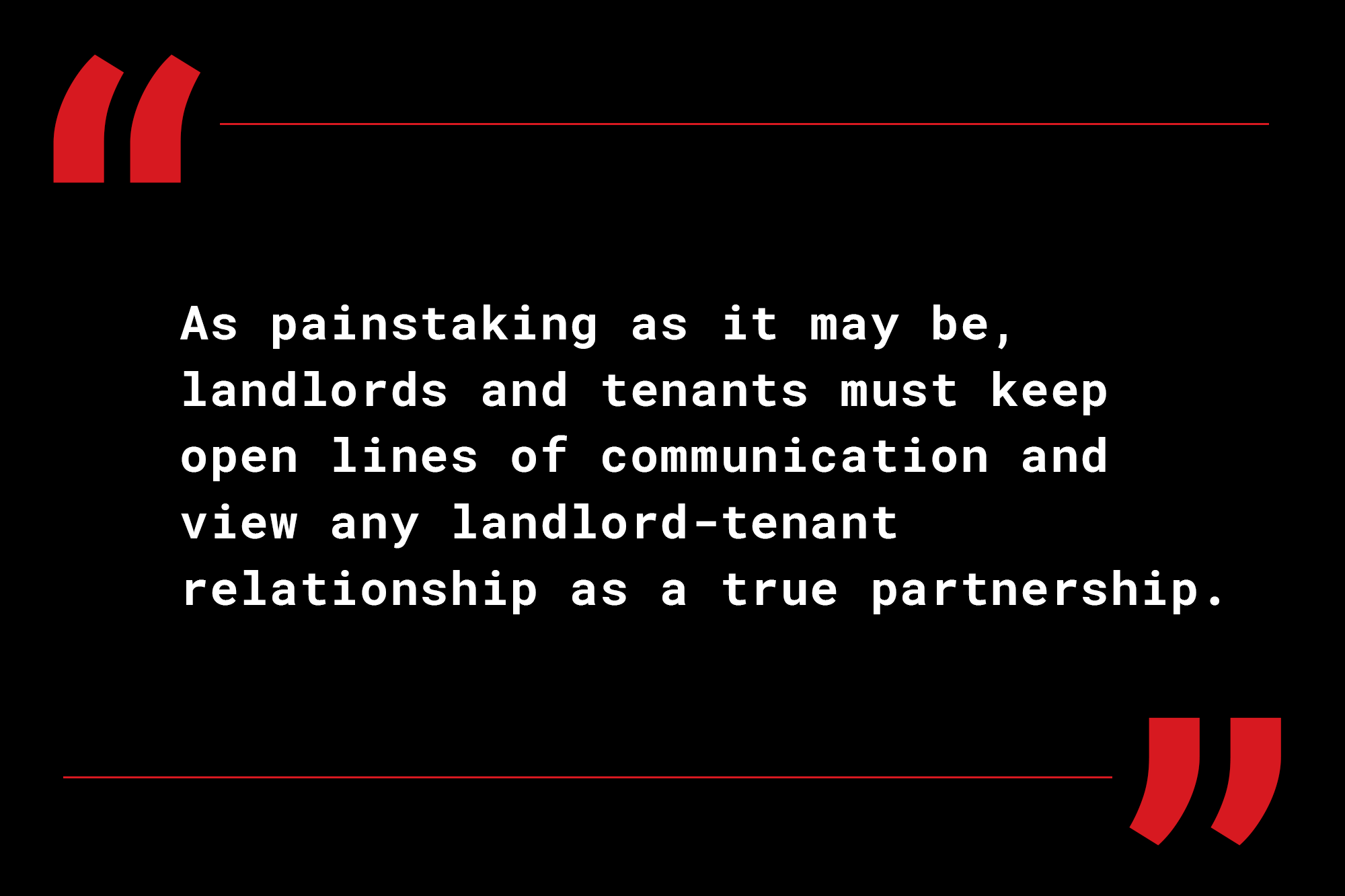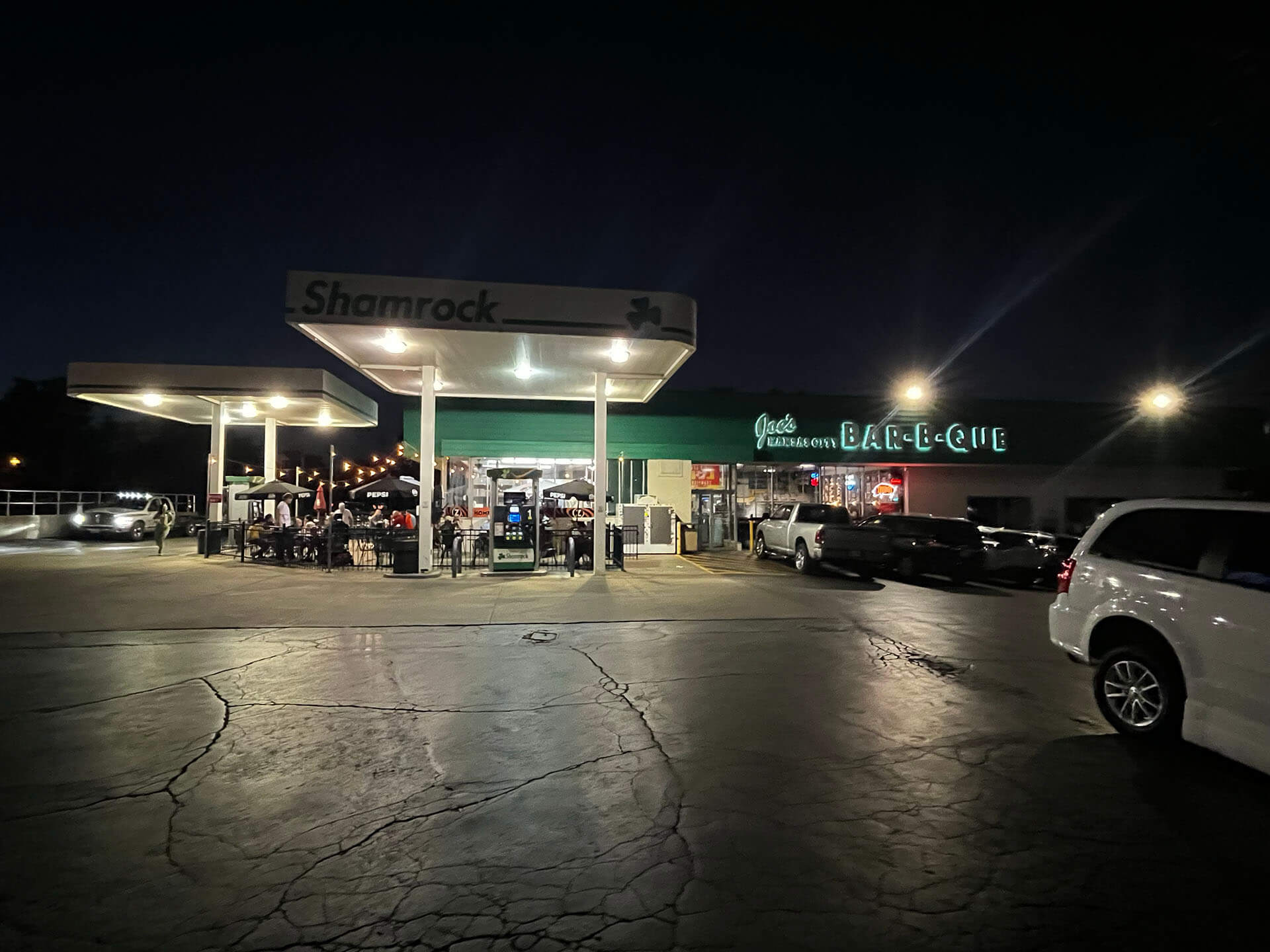Conversations in Retail Real Estate
Within days of the novel coronavirus arrival in Boston in early March, the retail real estate world ground to a near standstill. The Biogen conference held at the Marriott Long Wharf Hotel is considered one of the first “superspreading events” in the United States and really brought the gravity of the situation to our doorstep. New data suggests community spread was already happening in Boston, but prior to this historic event, I naively believed that Greater Boston may emerge virtually unscathed by the COVID-19 pandemic. The idea of a virus that originated nearly 7,400 miles away from Boston impacting the daily lives of millions of people in our community was just too hard to fathom. I’m sure I wasn’t alone. The red flags that the retail real estate industry was in for a wild ride quickly emerged the week following the Biogen conference with retail tours cancelled, proposal and leases suspended and our beloved restaurants and retailers preparing to close their doors temporarily – many for good.
I entered the commercial real estate world in 2007 and remember The Great Recession that unfolded over the next few years. The economic impact on Boston was felt, but the strength of our economy supported by world-class colleges and universities, leading health care institutions and cutting-edge technology and pharmaceutical companies, allowed Boston to surface quicker and in a better position to compete on a global scale. And while there was short-term financial pain, things largely returned to normal within a few years. This pandemic feels different. And “normal” feels so far from the reality we’re living today where face masks in public are commonplace, sanitizing your groceries is highly advised and socializing (even 6 feet apart) is frowned upon.
The long-winded introduction above is a not-so-eloquent segue into just how different my conversations with landlords, business owners, brokers and community stakeholders are today than just 7-weeks prior. As head of leasing for Graffito, I find myself spending most of my time talking with landlords and tenants about basic survival and questions on everyone’s mind…
- Will tenants secure PPP funds and will these funds be forgiven?
- What does the next 3, 6 and 12-months look like for restaurants and retailers opening back up and trying to forecast sales?
- How long will social distancing measures be in place and how will that impact tenant’s ability to pay rent?
- How will landlords address their tenant’s inability to meet their financial obligations now and into the future?
- Will landlords save tenants that were already struggling going into the pre-pandemic or cut bait?
- How will courts address all the defaults and evictions coming?
- Will retail tenants big and small flock to chapter 11 bankruptcy protection?
- Will retailers providing facemasks to customers be the new normal?
- What is the future of guarantees and security deposits in a cash-constrained world?
These are just some of the questions surfacing during my daily calls and I am sure many of you have had similar conversations with your network. What I’ve found through this dialog with dozens of landlords and tenants thus far is that every situation is unique and a one-size-fits-all approach isn’t realistic for either side. Although, it never has been in retail real estate, which can vary dramatically based on the physical location of the asset, landlord and tenant makeup/philosophy, etc. As painstaking as it may be, landlords and tenants must keep open lines of communication and view any landlord-tenant relationship as a true partnership. Ultimately, these partnerships are the ones that will survive this pandemic and thrive in the new normal that will result. There will be most certainly be lasting impacts to the retail real estate industry including the idea of value creation, “market” economics, the way businesses operate/grow and the overall makeup of our neighborhoods.




